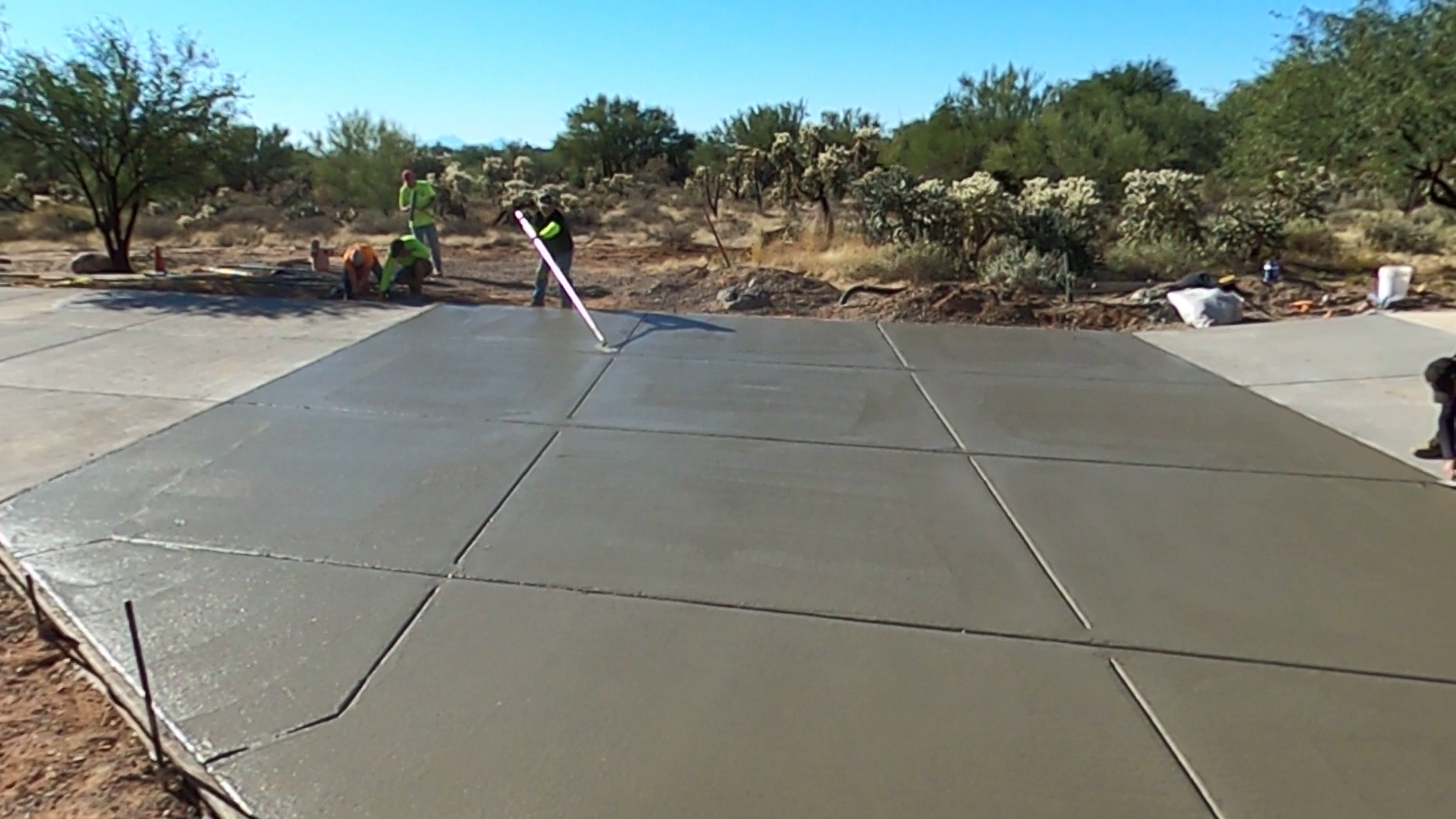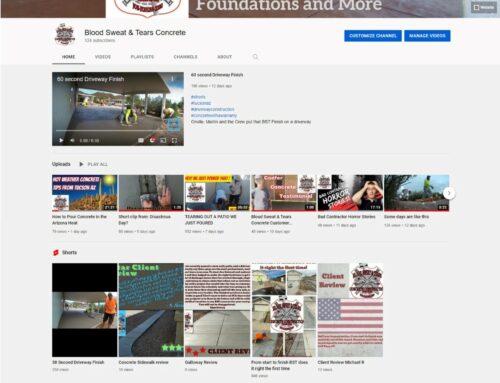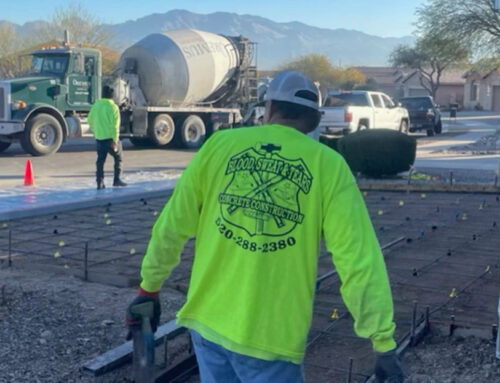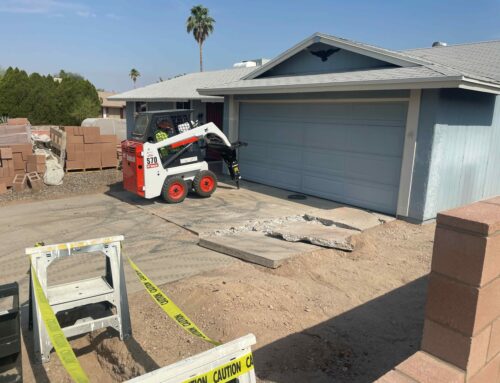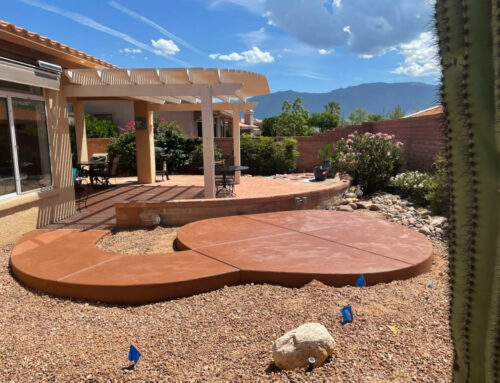Superplasticizers in your new concrete driveway – Pros and Cons
Your Contractor has informed you that Super-P is going to be used in your driveway. It probably doesn’t mean much to you but now that you are aware that SP exists you may as well know the pros and cons to using it.
Superplasticizers, also known as high-range water reducers, are chemical additives commonly used in concrete to increase workability and reduce water content without sacrificing the strength of the concrete. While superplasticizers can offer several benefits for concrete driveways, they also have some potential drawbacks. In this blog post, we will discuss the pros and cons of using superplasticizers in concrete driveways.
Pros:
- Improved workability: Superplasticizers can significantly improve the workability of concrete, allowing it to flow more easily and fill intricate forms and molds. This makes it easier to work with and can result in a smoother finish.
- Increased strength: By reducing the water content in the concrete mix, superplasticizers can increase the strength of the concrete. This can result in a more durable and long-lasting driveway.
- Reduced cracking: Superplasticizers can help to reduce the likelihood of cracking in concrete driveways. This is because they allow for a lower water-cement ratio, which can result in a denser and less permeable concrete mix.
- Faster setting time: Superplasticizers can also help to speed up the setting time of concrete. This can be particularly beneficial for driveways, as it means that they can be used sooner and will be ready for use more quickly.
Cons:
- Cost: Superplasticizers can be expensive, which can add to the overall cost of the project. This may make it less feasible for homeowners on a budget.
- Limited shelf life: Superplasticizers have a limited shelf life, which means that they must be used relatively quickly after they are purchased. This can be a challenge for contractors who may not use them frequently.
- Increased air content: While superplasticizers can reduce the water content in concrete, they can also increase the air content. This can weaken the concrete and reduce its durability. This may be a problem in colder climates where air entrainment is added to the mix for all outdoor applications. Be sure the concrete supplier is aware that you will be adding Superplasticizer so they can compensate.
- Environmental concerns: Superplasticizers are chemicals that can have an impact on the environment.
In conclusion, superplasticizers can offer several benefits for concrete driveways, including improved workability, increased strength, reduced cracking, and faster setting times. However, they also have some potential drawbacks, such as cost, limited shelf life, increased air content, and environmental concerns. Ultimately, the decision to use superplasticizers in a concrete driveway should be based on a careful consideration of the specific needs and constraints of the project.
https://www.tucsoncustomconcretecontractor.com/services/concrete-driveways/
|
ReplyForward
|
Thank you for taking a look
Jon Molden
BST Concrete

